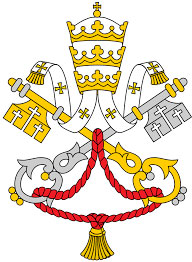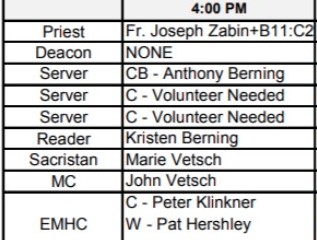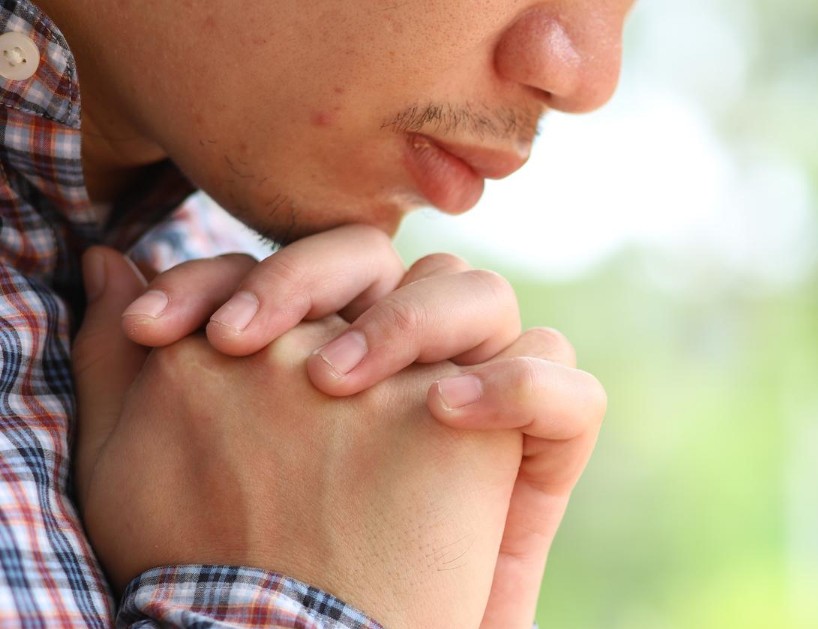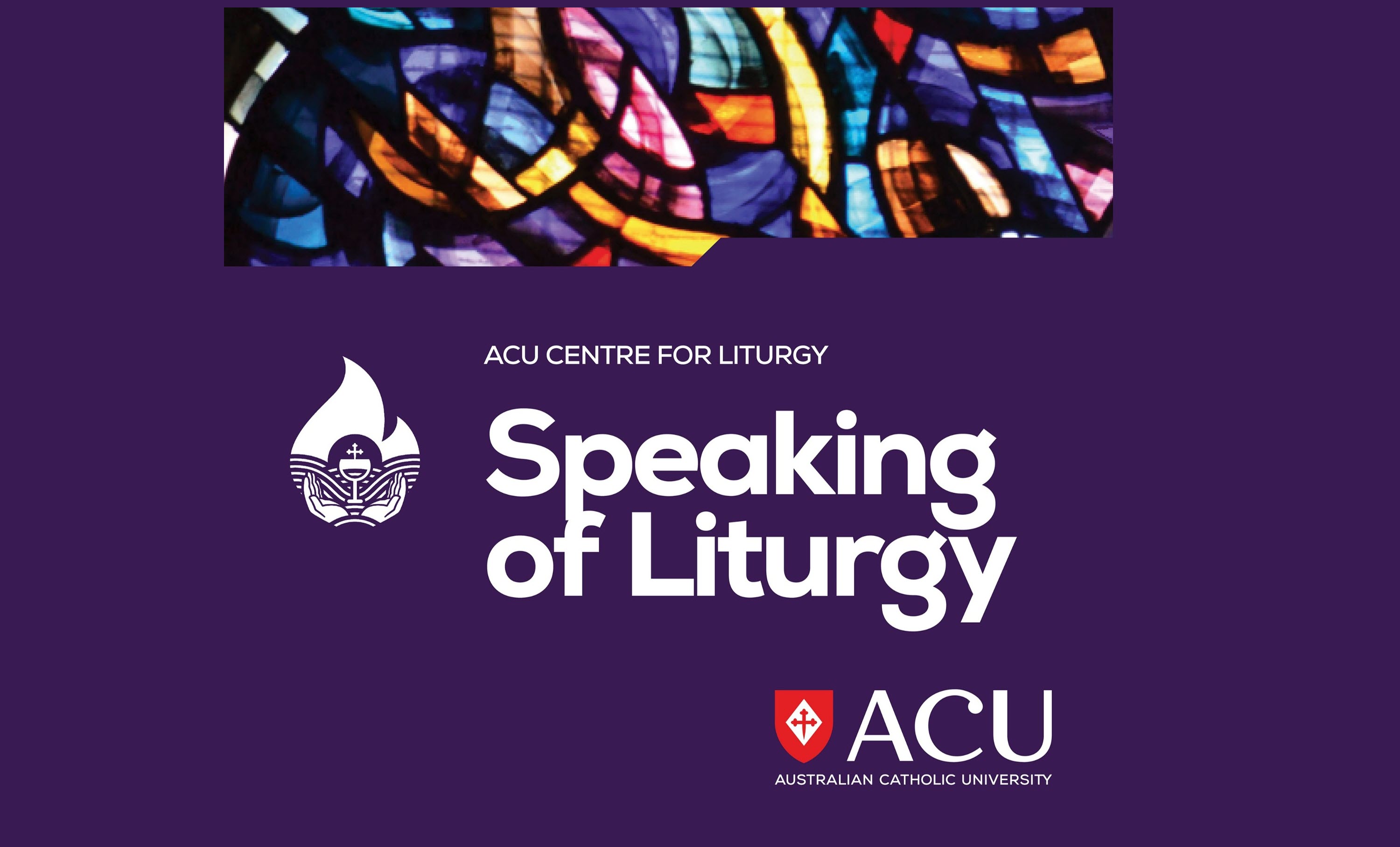About Liturgical Ministries
NLC ARTICLES
.jpg)
This article offers a theological and pastoral perspective on the variety of liturgical ministries, viewing them as expressions of the baptismal call to serve.
official documents

Holy See
In this Letter, Pope Paul VI supresses the practice or tonsure as well as the minor orders (porter, lector, reader, acolyte) and subdiaconate for the Latin Rite and establishes the instituted ministries of lector and acolyte, which are open to seminarians—revising while in part retaining, though with a different meaning, the ancient practice—and, crucially, to lay men.
This Instruction permits the delegation of extraordinary ministers of Holy Communion in cases of need, the reception of Communion in the hand, and the reception of Communion more than once each day in certain circumstances, and mitigates the eucharistic fast for the sick and the elderly.
In this authoritative statement of Pope Francis, the instituted ministries of Lector and Acolyte are opened to women, noting there is nothing prohibiting women to undertake these ministries.
DIOCESAN RESOURCES

Canberra-Goulburn
This downloadable PDF describes the nature and role of Ministry of the Lay Faithful in the liturgy and poses some questions for reflection.
OTHER RESOURCES
Journal Articles

Cameras at parish celebrations of baptism and other sacraments are often intrusive, frequently distracting, and the photographer may sometimes even request a stop in proceedings for a photo-op. To make the ceremonies run more smoothly and respectfully, a parish photographer would have the job of catching key moments of the liturgical rites without disrupting the sacrament while helping to make people feel welcome and involved.

Authentic ministry displays a connection between the liturgical act and life as a faithful disciple of Christ, and is greatly needed for the success of the parish and to work towards active and full particiaption in the community.

As stewards, Christians discern and accept their various gifts and talents, and commit themselves joyfully and generously to service of the community in exercising them. Stewardship is ultimately a spirituality for the whole of life, to exercise liturgical ministry within the broader community and to always serve others with the gift given to you by God.
.jpg)
The deacon is the Church's service sacramentalised, and a sign or sacrament of the Lord who came not to be served but to serve. Deacons promote the dignified performance of sacred actions, duly observes liturgical norms, and encourages the full, active, and conscious participation of the faithfil in the sacramemts.
Podcasts

Sr Louise Gannon, RSJ, outlines some of the modern challenges of liturgical formation and invites us to explore different approaches, especially a dynamic process of mystagogical reflection. The best experiences invite an encounter with the mystery of God's presence and inflame the hearts of all the faithful.

